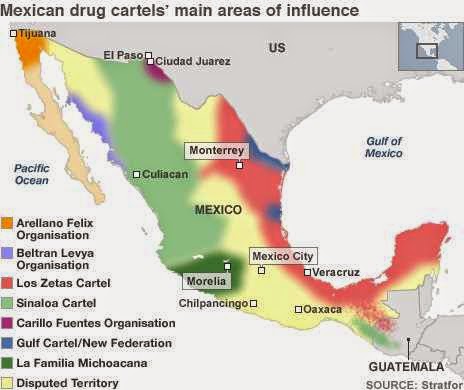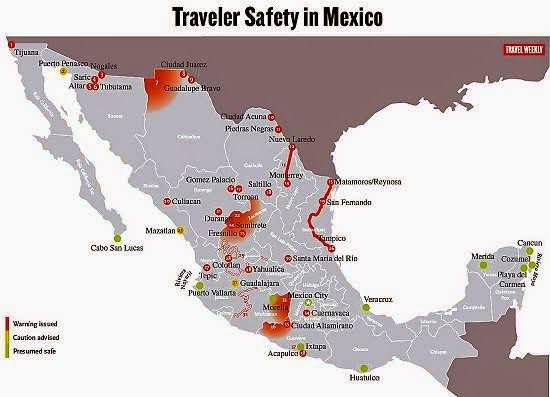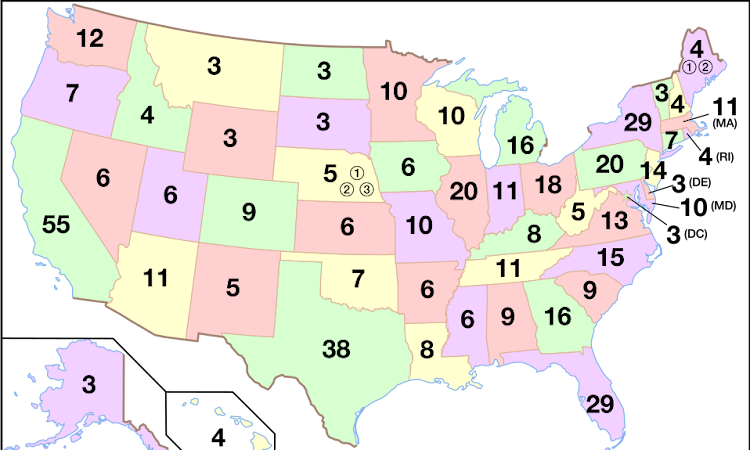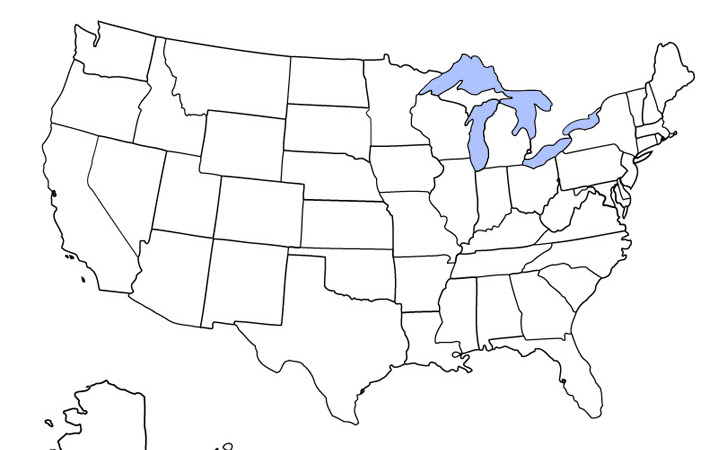Mexico`s drug cartels and their frightening carnage and massacres have been haunting us through our television screens for years. Just how bad is the problem? Is it everywhere in Mexico? Are most areas safe? How can you keep safe? These are important questions to ask before visiting Mexico.
The drug trade in Mexico expanded rapidaly in the past couple of decades after the fall of the huge Colombian drug cartels. Mexico is right next door to the US, which makes for easy transport straight into the number one market. Some of the border areas with the US, especially Chihuahua province near Texas, have a very high homocide rate.
The influence of drug cartels extends throughout the whole country, with different cartels (ie. groups of gangs cooperating together) controlling different areas. But their activity is much greater in certain areas, and in certain disputed areas there is an extreme amount of violence between rival cartels.
The next few maps show the drug cartels` areas of influence, and disputed territories.
The next two maps are not strictly drug cartel maps, but rather travel advisory and danger zone maps. But as you can guess, there is a strong correlation between cartel activity and general danger for travelers. In the first map entitled "Traveler Safety in Mexico" you can see that the town names are color-coded, with green meaning "presumed safe", yellow meaning "be cautious" and red meaning that a travel warning has been issued.
The next map shows the homocide rate in various Mexican provinces. You`ll see that the area around Tijuana is red, meaning "medium high" homocide rate, while Chihuahua province near the El Paso border is black, meaning "very high" homocide rate. Please take when visiting Ciudad Juarez.
LIKE, SHARE, or TWEET if you found this page useful.Thanks! :)












.png)
0 Comments